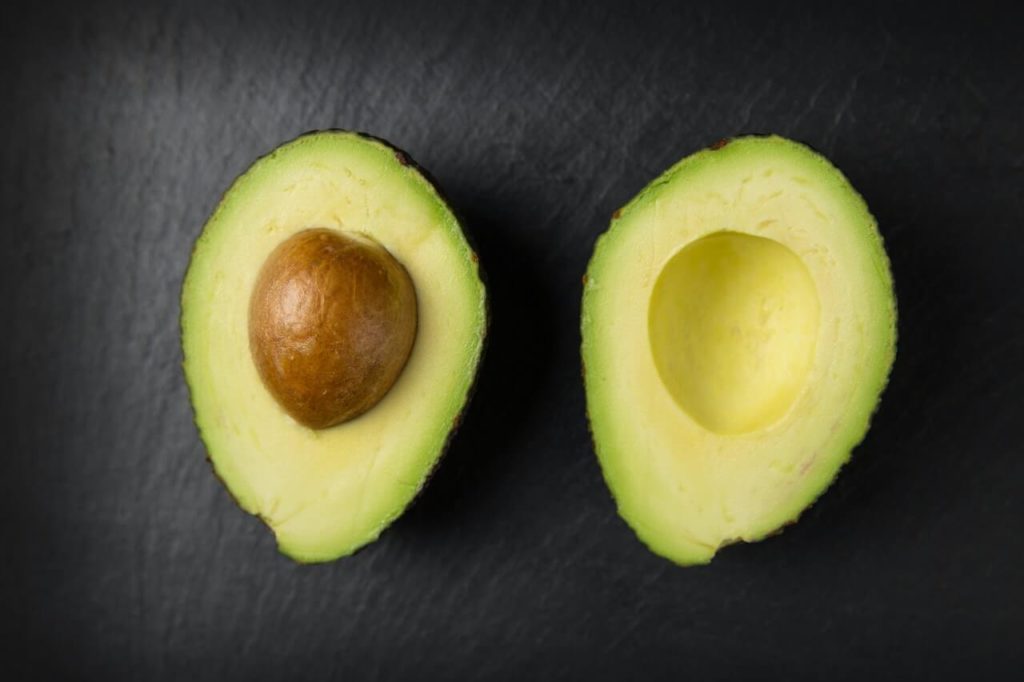I love keto diet! The food is good, the results are fantastic, and I feel like a million bucks. I have energy like you wouldn’t believe, and I have lost some excess weight.
But can you do this diet long term? Is it healthy?
Yes, you can certainly do keto long term. But you have to be ready to take breaks or cycle the keto diet in order to stay healthy and keep your body functioning smoothly.
Keto dieters must strive to achieve balance in their lives and not go to extremes. Strict keto dieting is not sustainable in the long run.
You must look for satiety and satisfaction in the foods you consume and ensure you’re getting all nutrients.
We absolutely need carbs, so you should learn how to include them in your diet every so often.
Let’s first learn about cycling the keto diet.
Cycling the Keto Diet
So, we all know about keto: it is a low carb, high-fat way of eating. You keep carbs to 50g or under per day, and in strict ketogenic diet settings, under 20g a day.
Once we reduce our carb intake to this extreme level, the body must burn up fat in order to get energy in lieu of glucose. This is called ketosis.
Ketones are then utilized. These are the byproducts of fat breakdown that our liver produces, and this is a source of energy.
Cyclical keto diet is somewhat like the standard keto diet, but it includes some serious differences that you can integrate to safely practice ketogenic dieting for a good long time.
How Does It Work?
Cyclical keto dieting is you sticking to a regular keto diet for 5 or 6 days in a row, followed by one or two days of eating carbs at a higher rate than normal.
These are what we call “refeed days,” and they are designed to bring glucose back to your body after reserves have been used.
By following this type of keto diet, you are going out of ketosis during the refeed days and getting the benefits of eating carbs for just a short period of time.
It is good for those that want better workout performance and greater muscle growth. For example, if you are a runner, you can really knock those miles out of the park on your carb refeed days.
It lets you enjoy those carb-heavy veggies and fruits and is excellent for special occasions when carbs are inevitable, like a family gathering at the local Italian restaurant, for example.

How Does This Compare to Carb Cycling?
Some folks think cycling keto is like carb cycling. It’s kinda close, but not really. Let’s talk about the differences now.
Carb cycling is when you cut out carbs on particular days of the week. Meanwhile, you up the consumption on other days. So, you might do 6 days of low carb eating and then 1 day of higher carb intake, or 4 days of low carb and 3 of higher carbs, etc. You do what works for you.
The idea is still the same, but carb cycling is not about reducing carb intake to the point where you would reach a state of ketosis. It’s good for weight loss and better athletic performance, including the building of muscle growth.
I Want to Do A Cyclical Keto Diet. How Do I Start?
There are no hard and fast rules for following such a diet. But if you want to get started, be ready to do a standard keto diet plan of 5-6 days per week and then including 1-2 days of high carb consumption.
Your Keto Days
On your keto days, eat 20-50 carbs a day. Healthy fats will make up 65 to 90% of your overall calorie count.
You may already know what healthy fats are, but in case you do not:
- Eggs
- Coconut oil
- Nuts and seeds low in carb
- MCT Oil
- Full fat dairy
- Avocado
Please ensure proteins make up 10-30% of your calorie count and that carbs are kept to 5% or less.
Do this at least 5-6 days a week.
Your Carb Days
Now onto the second part of this diet. You will pick 1-2 days of the week to do your refeed and replenish the glycogen in your body.
You will consume more carbs on these days to get out of ketosis.
Here’s what refeed days should look like:
- Fats make up 10-15% of total cals
- Protein should make up 15-20% of total cals
- Carbs should be 60-70% of total cals
The quality of carbs matters here, folks! I know earlier I mentioned special occasions being a place for carb days. But don’t misconstrue it into thinking, “carb refeed days are special occasions!” and give yourself a free pass to eat unlimited amounts of processed white bread, baked goods, and pasta.

Look instead to healthy carb sources like:
- Brown rice
- Butternut squash
- Sweet potato
- Lentils
- Whole Wheat Pasta
- Oats
- Quinoa
These taste great and are high in fiber, minerals, and vitamins. They will stabilize blood sugar levels and keep you moving throughout the day.
Also, steer clear of sugary drinks and foods. Eating these foods makes blood sugar irregular, can make you irritable, and even lead you to feel hungrier.
Going Back into Ketosis
Okay, the carb days are over, and it’s time to get back into ketosis. We have some advice on how to do this quickly; check it out here!
You can get back into ketosis by doing a 16 hour fast- this is what we call intermittent fasting, and it helps you get into ketosis quickly.
You can also perform high-intensity exercise after your refeed days. This will help you get into ketosis and build those muscles.
Following Keto Long Term: Risks and Effects
Let’s talk about what would happen if you did not cycle the keto diet. What would it look like if you simply did strict keto and no cycling?
The research is still out on this particular diet program. There is a serious lack of long-term studies about the keto diet. Beyond two years, we really don’t know much about what happens to humans.
One thing to note is that the ketogenic diet is restrictive. Yes, we can eat LOTS of delicious foods, and we enjoy pretty much anything we like, from smoothies to keto bread to high-fat treats like bacon.
But everything has to be taken in moderation. We don’t get to eat the vast majority of fruits and veggies, which are absolutely healthy foods and good for you. Whole grains are another one we don’t get to take in much of.
The result? Keto dieters may suffer from deficiencies in vitamins and minerals. It can lead to effects that could be quite mild or very severe. You have to make sure you’re getting all your minerals and vitamins if you choose to stay with keto.

Risks Beyond Vitamins and Minerals
Keto dieters have reported the following ailments:
- Low levels of protein in their blood (hypoproteinemia)
- Fatty liver or hepatic steatosis
- Kidney Stones
Low carb diets can absolutely have negative effects for some folks. There was one study performed in 2016, which reported that people following low carb diets had higher rates of low-density lipoprotein cholesterol. It poses a heart disease risk.
Athletic Performance May Be Affected
Plenty of athletes out there have started the keto lifestyle. Lebron James, for example, tried it out in 2014, and so did Tim Tebow.
But it could very well be that athlete’s self-sabotage when following the ketogenic diet. One study found that participants did worse in terms of performance on high intensity running and cycling tests after four days on keto compared to those who spent four days consuming high carb amounts.
Why is this? Well, the body is in a state of higher acidity when you are in ketosis. It limits your body’s ability to perform at its highest level.
And yes, keto can help you drop that excess weight, which can help you achieve your athletic goals, such as speed, for example. But if it comes at the cost of lowered performance, you may wish to try a new approach.

You Might Regain Some Weight
Keto dieting is quite strict. And we all know that some folks will eventually go off the diet completely- and that’s OK. However, weight gain is very likely to happen in this scenario.
You should be aware of this and understand that it is OK. For example, let’s say you start strict keto. You follow this for, say, three months with no cheating or very little cheating. You lose a lot of weight, and your confidence is through the roof!
But then, it comes time to transition to a lazy keto or cycling keto mode. It is likely that some pounds will come back. Strict keto is NOT something we can adhere to forever. And yo-yo dieting is not good- it messes with our head and frustrates us, AND fluctuations in weight are simply not healthy.
Conclusion
Thank you for taking the time to learn about the long-term results of the keto diet. Yes, we can stay on keto long term, if we know how to do it right!
You should absolutely plan to do a cyclical keto diet if you love the lifestyle and want to stay with it. It will keep your body in tune, allow you to enjoy a variety of healthy foods like fruits and veggies, and boost your performance at the gym or on the field.
You can still enjoy all your favorite keto recipes and meals and mix in some healthy carbs for even greater variety.
And your weight can stay stable as a result. What will you make on your carb refeed days? I’m thinking sweet potatoes, a lean turkey burger, and a whole-grain bun are on my menu. Enjoy!

